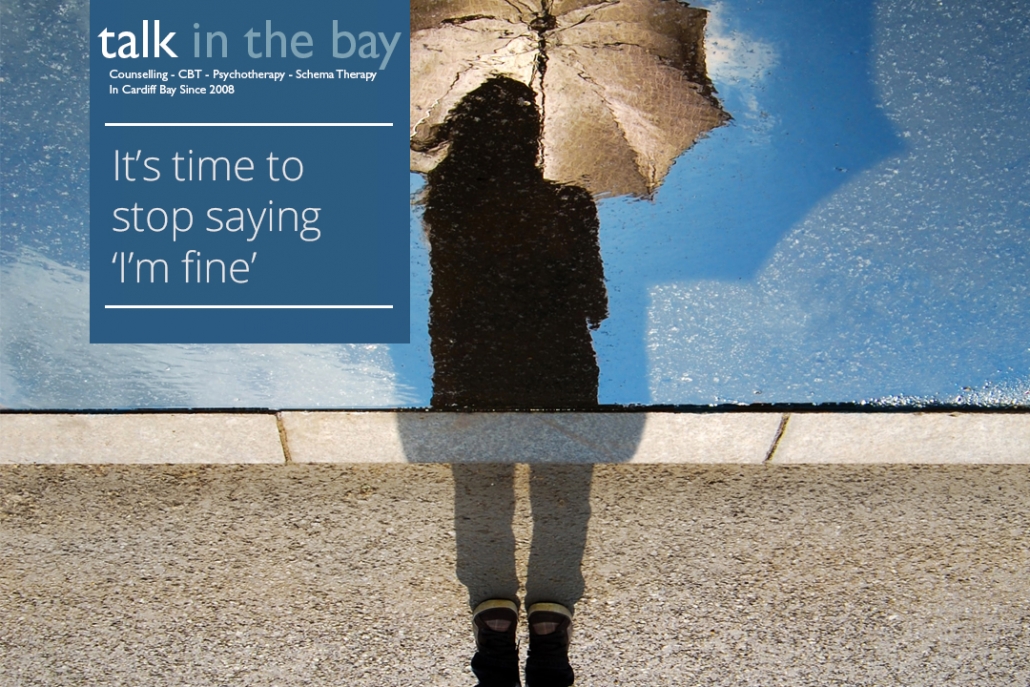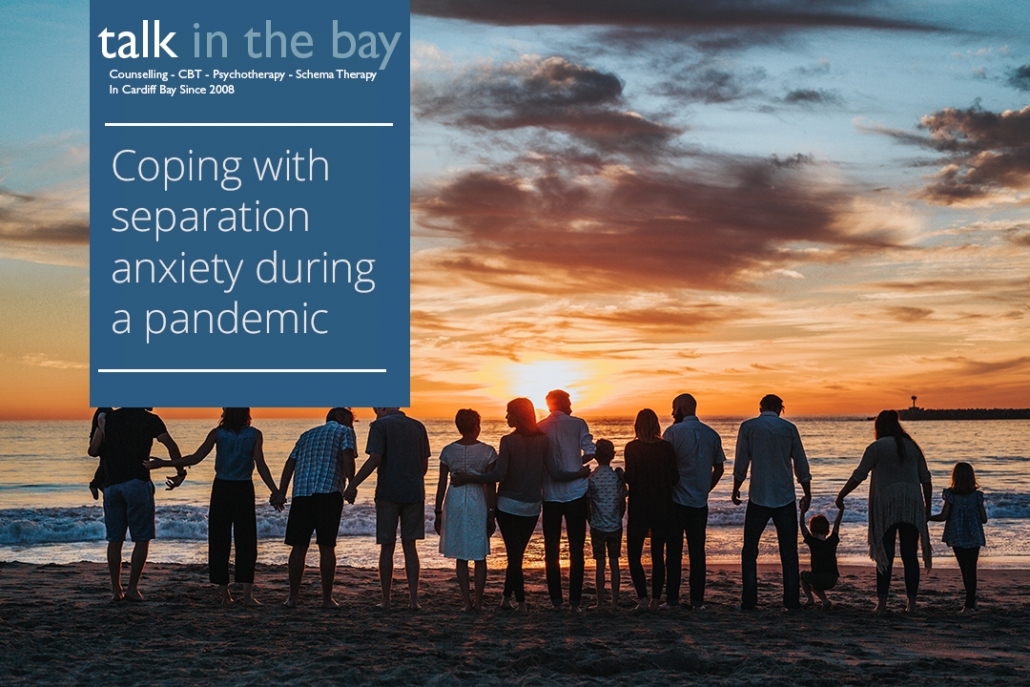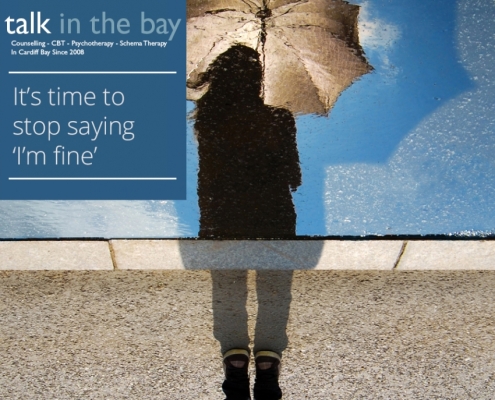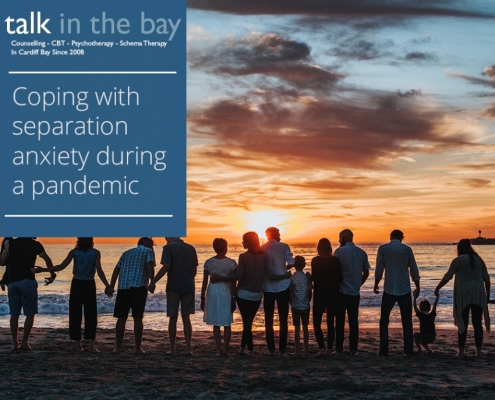What is low self-esteem counselling?
Most people assume self-esteem is the same as self-confidence, and although self-confidence is related, it’s not the same. Self-confident people may also suffer from low self-esteem, for example, actors, celebrities and public figures in our society today that appear to be totally self-confident may have poor self-esteem off stage or away from the media attention.
In Latin, esteem actually means ‘to estimate’, so self-esteem is often defined as how you estimate yourself. Individuals with low self-esteem usually find it difficult to answer ‘yes’ to questions such as ‘do I like myself?’, ‘do I feel I deserve to be loved?’, ‘do I think I’m a good person’ and ‘do I deserve to be happy?’.
Low self esteem is quite common in today’s society and those who accept a limited sense of self worth may be more prone to drug or alcohol abuse as they struggle to find their worth in the world. Low self-esteem may also lead to feeling depressed and hopeless, and thinking negatively about yourself and your right to happiness. However, for lots of people there is help available to change negative thinking patterns and there are many strategies and techniques available to build self esteem.
Most people experience low self esteem at some point in their life (e.g. if they lose their job or relationship) but they can also experience high self esteem at other points in their life (e.g. if they are promoted, successfully complete a challenge or fall in love). However, those who can’t bounce back after their self esteem has been bruised, and constantly feel negatively about themselves, may be suffering from chronic low self-esteem.
Common signs of low self-esteem include feeling tired alot of the time and having little motivation to get things done, feeling bored with life and feeling you don’t have much to look forward to, thinking alot about yourself and wishing your life was better, thinking negatively about your abilities and possible opportunities, feeling like a failure or feeling hopeless and depressed.
 https://talkinthebay.co.uk/wp-content/uploads/2022/10/World-Mental-Health-Day-2022-e1716448698921.jpg
563
1080
Carin Stenbeck
https://talkinthebay.co.uk/wp-content/uploads/2022/02/TalkintheBay_Logo_300dpi_Large.png
Carin Stenbeck2022-10-03 13:53:512022-10-04 13:39:59World Mental Health Day 22
https://talkinthebay.co.uk/wp-content/uploads/2022/10/World-Mental-Health-Day-2022-e1716448698921.jpg
563
1080
Carin Stenbeck
https://talkinthebay.co.uk/wp-content/uploads/2022/02/TalkintheBay_Logo_300dpi_Large.png
Carin Stenbeck2022-10-03 13:53:512022-10-04 13:39:59World Mental Health Day 22




